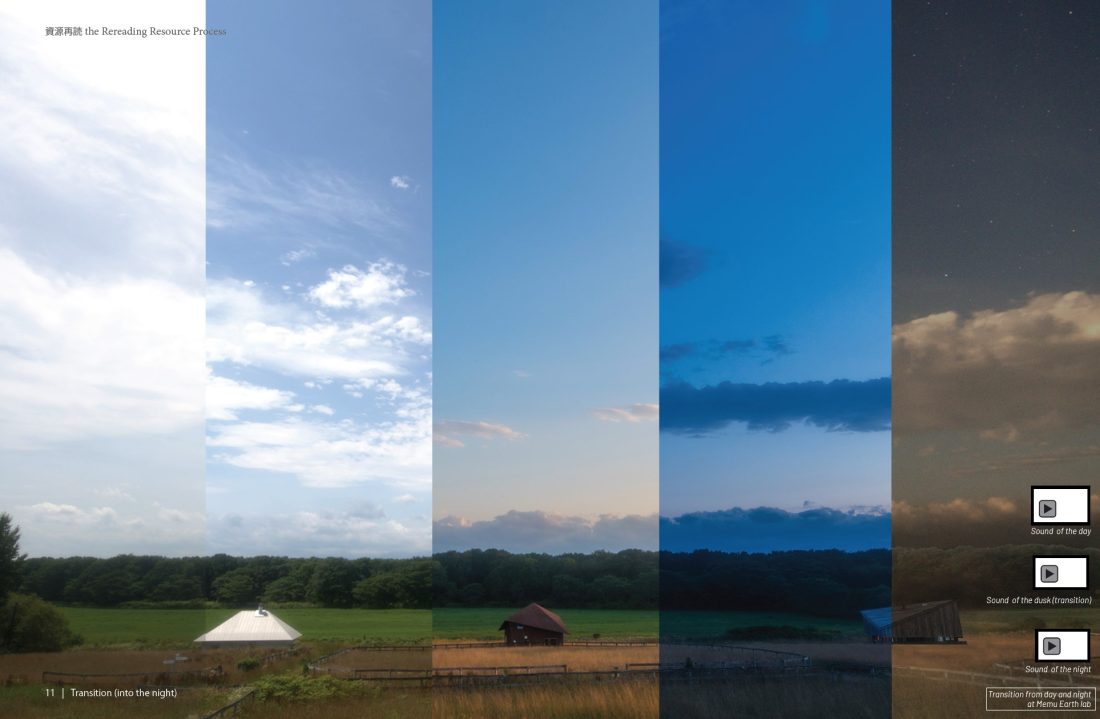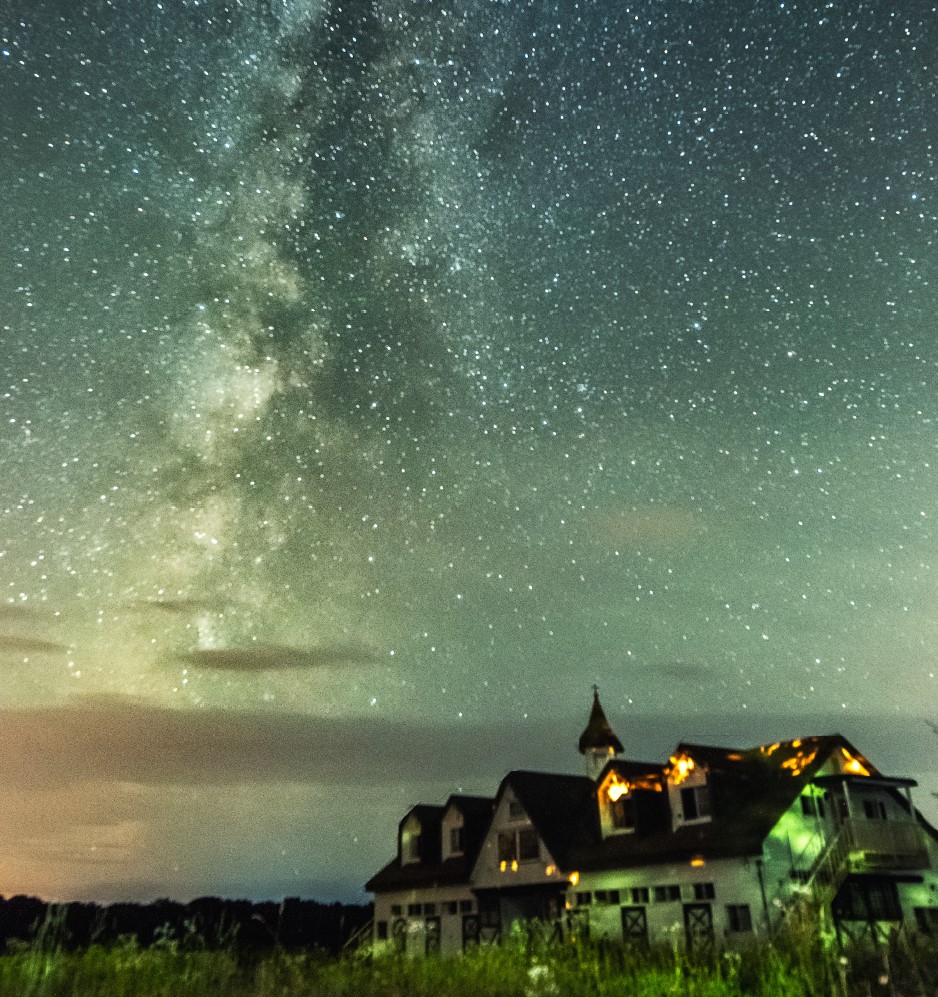What Does the Night Mean to You?
When observing the transition from daytime to dusk, and into darkness, it becomes evident that there are changes in the sounds made by various insects around Memu Earth Lab. Unlike the daytime when little regularity can be found in these sounds, as the sunset approaches and gets fully dark, there is a pattern for them to settle into a consistent rhythm. In other words, this is a response by insects to sunlight, and how it affects their biological cycle.
So, what about people, especially who lives in cities? Even mid-night, we are often exposed to overwhelming brightness, and maybe we have lost our ability to recognize night as night. In the past, people used the constellation as a guide to understanding direction and seasons, and they would go to sleep with the arrival of dusk. However, our current lifestyle has changed significantly. It might be worth requestioning the meaning and role of the night. What does the night mean to you?
One idea that could be a hint to approach this question is the concept of “Relational Value.” It differs from the “Intrinsic Value,” which is the inherent value of the natural environment itself, and the “Instrumental Value,” which represents the monetary value that can be derived, such as ecosystem services. “Relational Value” is positioned as a third type of value that focuses on the benefits that individuals receive from their relationship with the natural environment. The preceding question, which ends with “you”, highlights that individual subjectivity and experiences play a significant role in defining what nightscape means. It implies that the potential of astro-tourism lies on individuals; e.g. detoxing while camping and spending quiet time under the night sky, as opposed to traditional mass tourism.
・問い合わせ先:iedp(at) edu.k.u-tokyo.ac.jp
©緑地環境デザインスタジオ, NUS X UTokyo Joint Summer Workshop 2023


